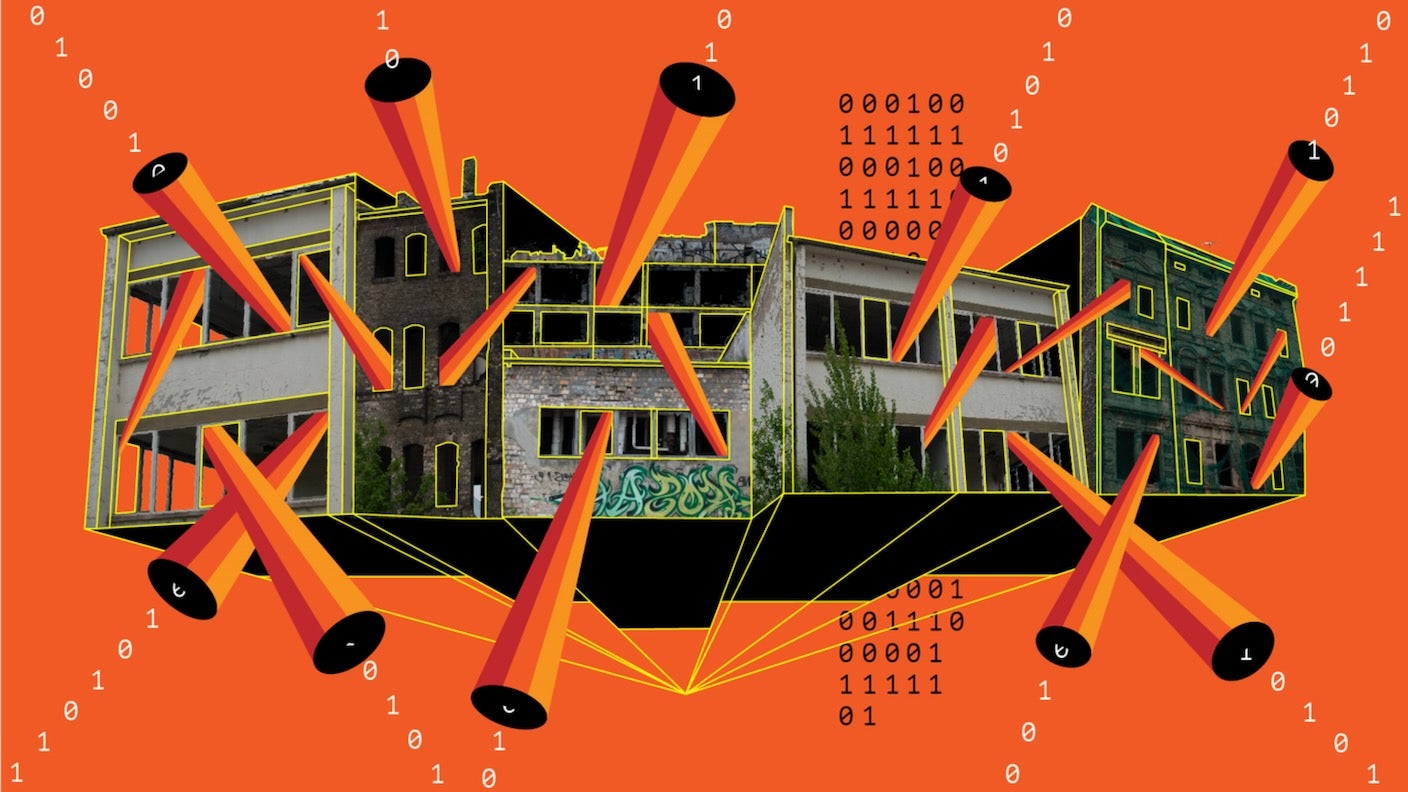Artificial Intelligence
Google DeepMind’s New AI Agent Uses Large Language Models to Crack Real-World ProblemsWill Douglas Heaven | MIT Technology Review
“Google DeepMind has once again used large language models to discover new solutions to long-standing problems in math and computer science. This time the firm has shown that its approach can not only tackle unsolved theoretical puzzles, but improve a range of important real-world processes as well.”
Biotechnology
This Baby Boy Was Treated With the First Personalized Gene-Editing DrugAntonio Regalado | MIT Technology Review
“Doctors say they constructed a bespoke gene-editing treatment in less than seven months and used it to treat a baby with a deadly metabolic condition. The rapid-fire attempt to rewrite the child’s DNA marks the first time gene editing has been tailored to treat a single individual, according to a report published in the New England Journal of Medicine.”
Energy
Renewable Power Reversing China’s Emissions GrowthJohn Timmer | Ars Technica
“This isn’t the first time that China’s emissions have gone down over the course of a year, but in all previous cases the cause was primarily economic—driven by things like the COVID pandemic or the 2008 housing crisis. The latest shift, however, was driven largely by the country’s energy sector, which saw a 2 percent decline in emissions over the past year.”
COMPUTING
Apple to Support Brain-Implant Control of Its DevicesRolfe Winkler | The Wall Street Journal
“The company is taking early steps to enable people to control their iPhones with neural signals captured by a new generation of brain implants. It could make Apple devices more accessible to tens of thousands of people who can’t use their hands because of severe spinal cord injuries or diseases such as amyotrophic lateral sclerosis, or ALS.”
Future
9 Federally Funded Scientific Breakthroughs That Changed EverythingAlan Burdick and Emily Anthes | The New York Times
“‘Basic research is the pacemaker of technological progress,’ Vannevar Bush, who laid out the postwar schema for government research support, wrote in a 1945 report to President Franklin D. Roosevelt. Look no further than Google, which got its start in 1994 with a $4 million federal grant to help build digital libraries; the company is now a $2 trillion verb.”
Artificial Intelligence
Improvements in ‘Reasoning’ AI Models May Slow Down Soon, Analysis FindsKyle Wiggers | TechCrunch
“An analysis by Epoch AI, a nonprofit AI research institute, suggests the AI industry may not be able to eke massive performance gains out of reasoning AI models for much longer. As soon as within a year, progress from reasoning models could slow down, according to the report’s findings.”
Robotics
Forget Humanoids. At MIT, Worms and Turtles Are Inspiring a New Generation of RobotsIsabelle Bousquette | The Wall Street Journal
“Everyone is obsessed with humanoid robots right now, but the director of MIT’s Computer Science and Artificial Intelligence Laboratory thinks tomorrow’s intelligent physical machines could be something radically different. Think soft and squishy robots, says Daniela Rus. Picture flexible robots, or even edible ones.”
Space
For the First Time in the US, a Rotating Detonation Rocket Engine Takes FlightEric Berger | Ars Technica
“The concept has previously been tested in a handful of other countries, but never with a high-thrust engine. ‘By proving this engine works beyond the lab, Venus brings the world closer to a future where hypersonic travel—traversing the globe in under two hours—becomes possible,’ Duggleby told Ars.”
Artificial Intelligence
Why We’re Unlikely to Get Artificial General Intelligence Anytime SoonCade Metz | The New York Times
“Humans know how to deal with a chaotic and constantly changing world. Machines struggle to master the unexpected—the challenges, both small and large, that do not look like what has happened in the past. …This is why Mr. Frosst and other skeptics say pushing machines to human-level intelligence will require at least one big idea that the world’s technologists have not yet dreamed up.”
Future
How a New Type of AI Is Helping Police Skirt Facial Recognition BansJames O’Donnell | MIT Technology Review
“Police and federal agencies have found a controversial new way to skirt the growing patchwork of laws that curb how they use facial recognition: an AI model that can track people using attributes like body size, gender, hair color and style, clothing, and accessories.”
Future
‘We’re Definitely Going to Build a Bunker Before We Release AGI’Karen Hao | The Atlantic
“The drama [at OpenAI] highlighted one of the most urgent questions of our generation: How do we govern artificial intelligence? With AI on track to rewire a great many other crucial functions in society, that question is really asking: How do we ensure that we’ll make our future better, not worse?”
Future
Your AI Radiologist Will Not Be With You SoonSteve Lohr | The New York Times
“‘People should stop training radiologists now,’ Geoffrey Hinton said [in 2016], adding that it was ‘just completely obvious’ that within five years AI would outperform humans in that field. Today, radiologists—the physician specialists in medical imaging who look inside the body to diagnose and treat disease—are still in high demand.”
Space
New Spacecraft Aims to Police Satellites in OrbitTereza Pultarova | IEEE Spectrum
“The mobile spacecraft concept presents a major shift away from the old-school way of doing things in space, in which satellites maintain simple orbits and try to avoid one another. Soon, those simple satellites will be looked after—and possibly hunted by—more agile spacecraft.”
Biotechnology
InventWood Is About to Mass-Produce Wood That’s Stronger Than SteelTim De Chant | TechCrunch
“The result is a material that has 50% more tensile strength than steel with a strength-to-weight ratio that’s 10 times better, the company said. It’s also Class A fire rated, or highly resistant to flame, and resistant to rot and pests.”
The post This Week’s Awesome Tech Stories From Around the Web (Through May 17) appeared first on SingularityHub.

